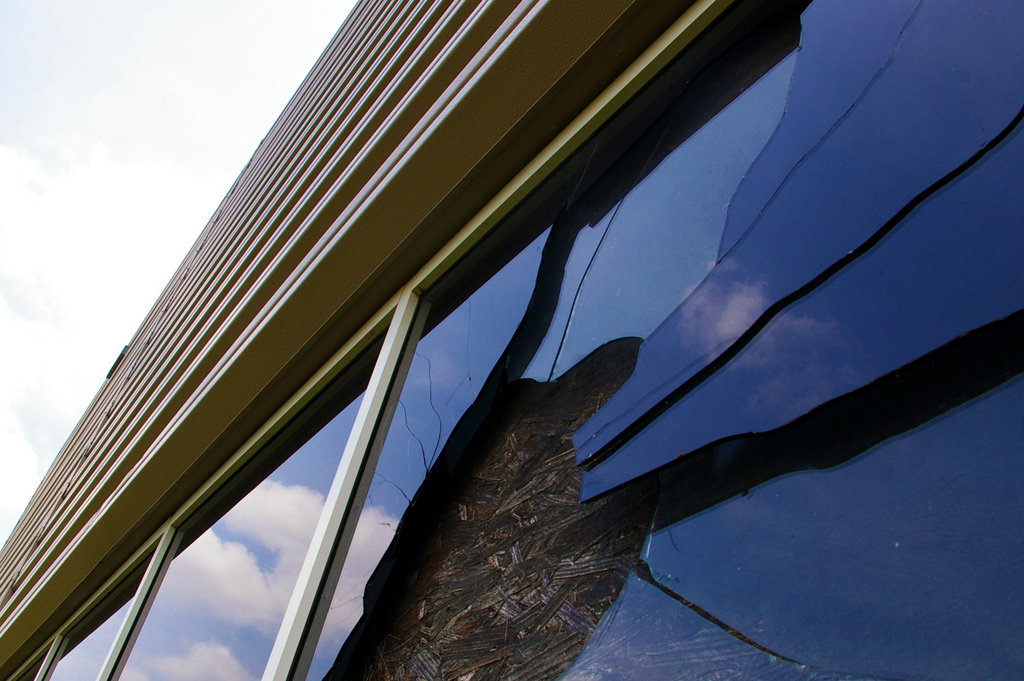Desertron, or the Superconducting Super Collider (SSC) which was its official name, was going to be the largest particle accelerator ever built. With a planned ring circumference of 54.1 miles (87.1 kilometers) and an energy of 20 TeV per proton, it would have greatly surpassed the current record held by the Large Hadron Collider of CERN in Switzerland which has a ring circumference 17 miles (27 kilometers) and energy of 6.5 TeV per proton.
The idea of a large super collider was first formally discussed in 1976. In the mid-1980s the project was reviewed by the US Department of Energy and, subsequently, construction began in Ellis County, Texas. By late 1993 when the project was cancelled, 17 shafts were sunk and 14.6 miles (23.5 kilometers) of tunnel were bored while $2 billion had already been spent.
There were many reasons for the cancellation of the project with the primary one being the very high amount of cost. While in 1987 Congress was told the project could be completed for $4.4 billion, the amount was later estimated closer to $12 billion. Meanwhile, many congressmen argued that the money would be better spent in their fields, congress was generally trying to cut spending and President Clinton never really supported the project. Adding to this, many opposing physicists argued that the project was unreasonably expensive, even for the amount of knowledge that it could generate. Finally, with the collapse of the Soviet Union, came an end to the need to prove that American science was superior.
The cancellation of the Desertron project apart from a setback for science research also caused a mild recession for the southern part of the Dallas–Fort Worth metroplex. The main site was deeded to Ellis County which tried numerous times to sell the property. Finally in 2006 it was sold to an investment group. In 2012 the property was bought by chemical company Magnablend against some opposition from the local community.






































No comments:
Post a Comment
Spam comments will not be posted. Thank you.